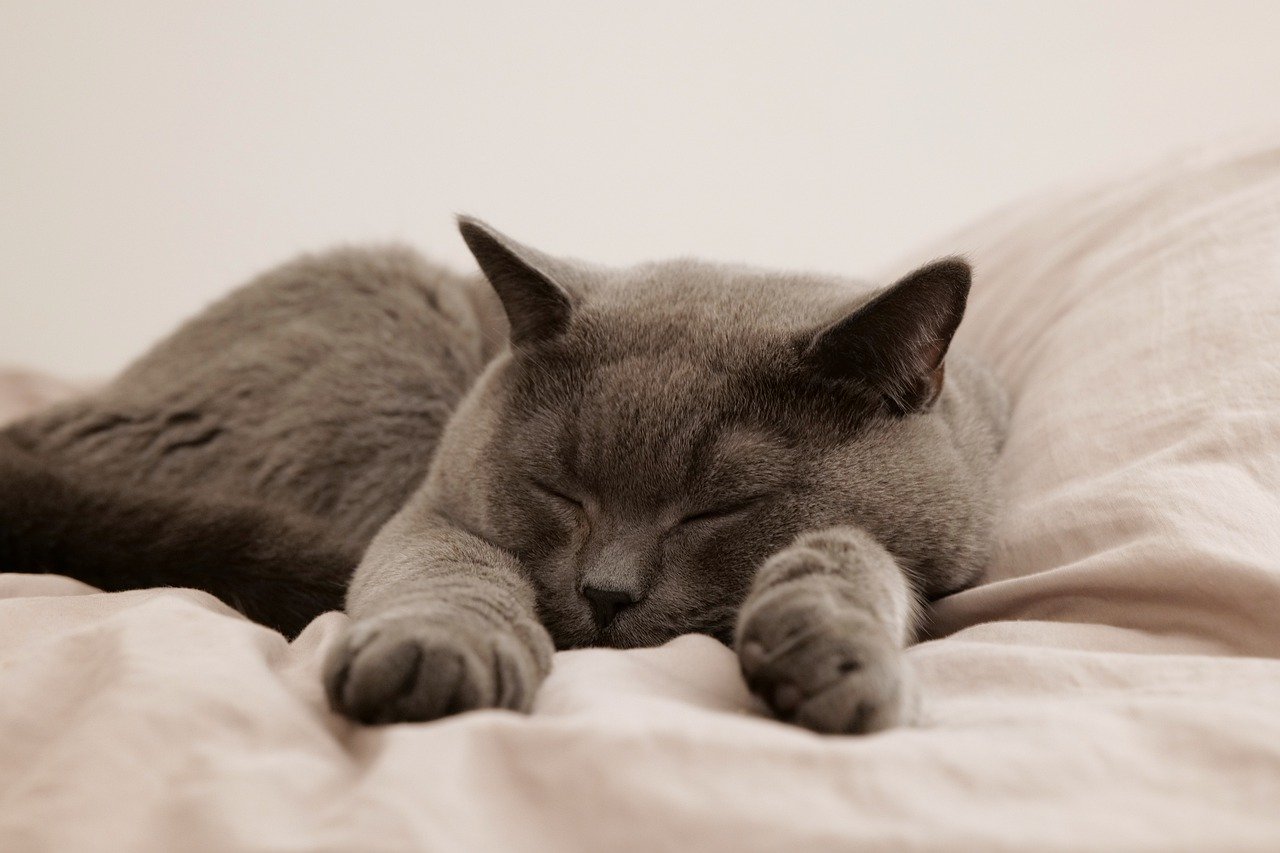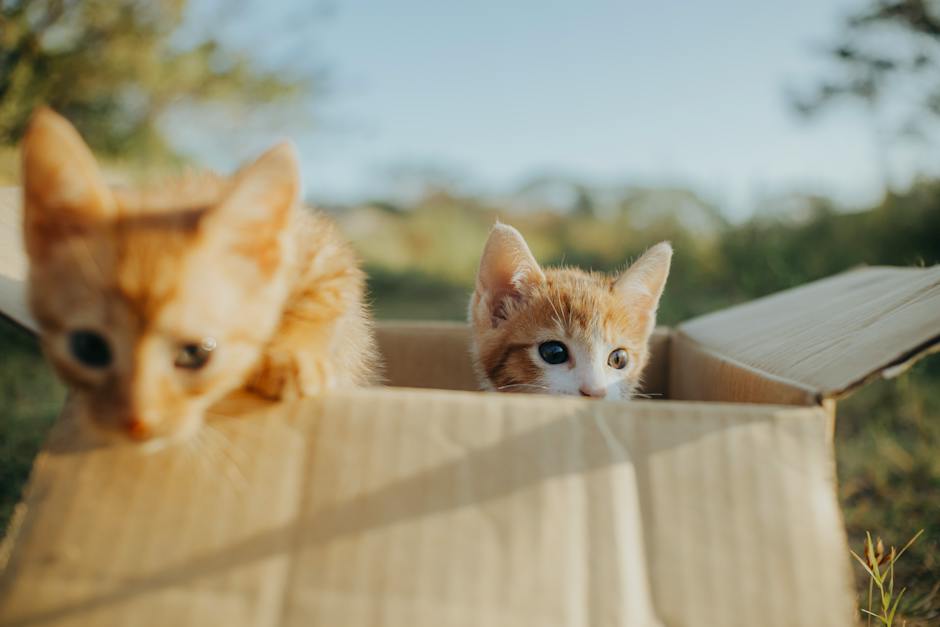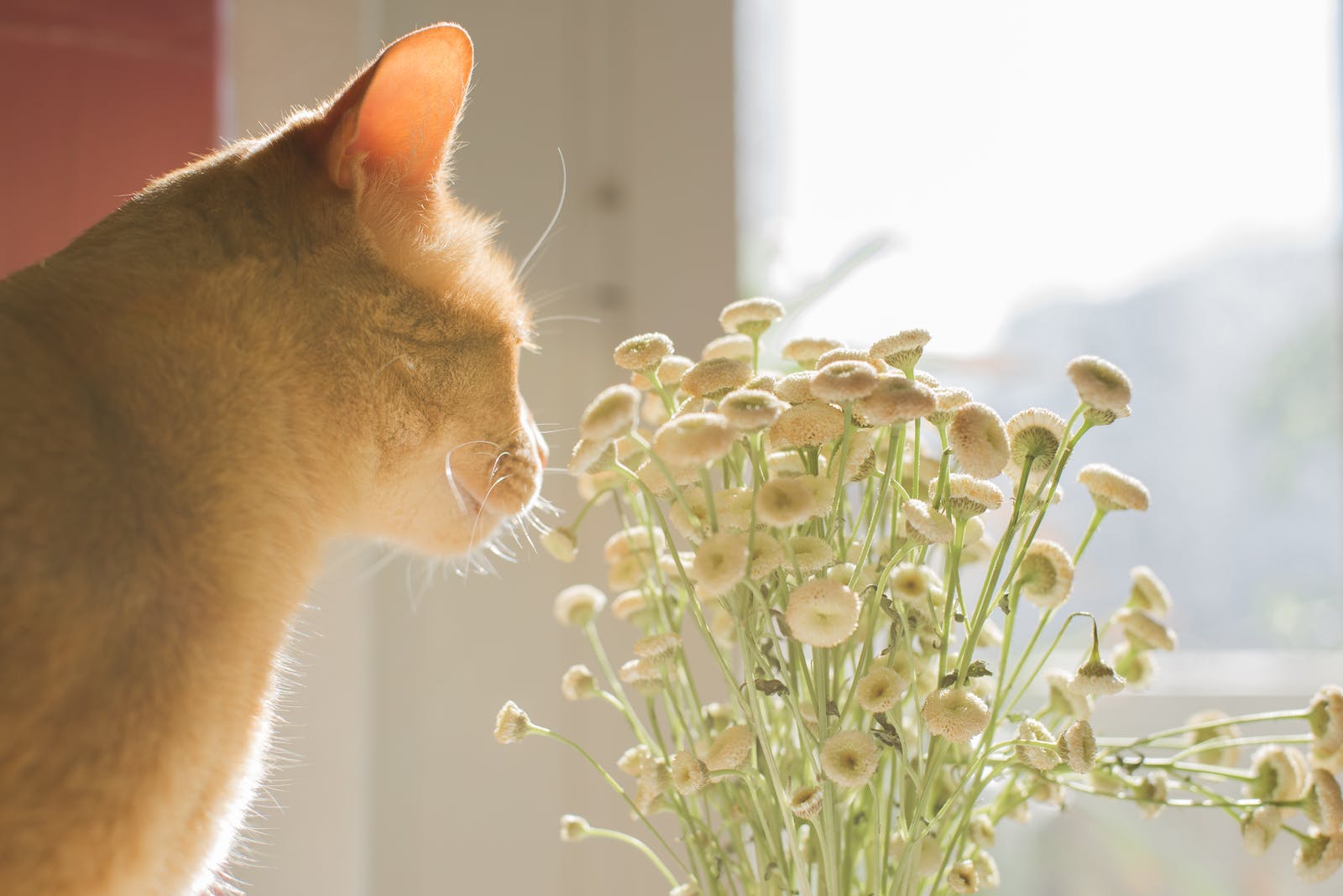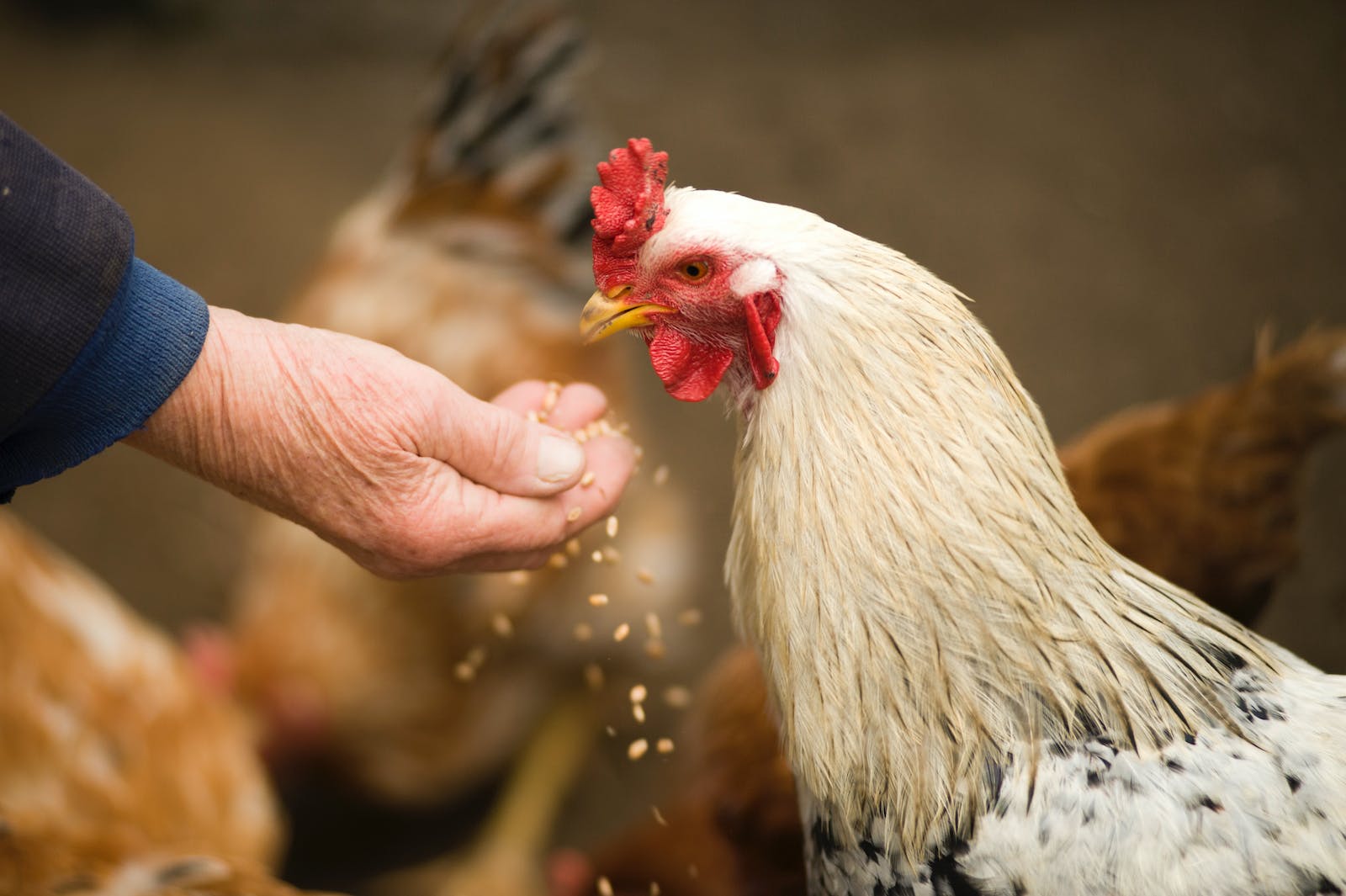The Pros and Cons of British Shorthair Cats
Exploring the Benefits and Drawbacks of Choosing a British Shorthair as Your Feline Companion
British Shorthair cats are a popular choice for many households due to their gentle nature, round face, and dense coat. These adorable felines are known for their affectionate disposition and make wonderful companions. If you're considering adding a British Shorthair to your family, it's important to weigh the advantages and disadvantages of this breed. In this article, we'll delve into the pros and cons of British Shorthair cats to help you make an informed decision.
From their laid-back temperament to their grooming needs, there are several aspects to consider when contemplating British Shorthair ownership. Understanding the benefits and potential drawbacks of this breed can assist in determining if they are the right fit for your lifestyle and preferences.
Pros
A British Shorthair cat can be a delightful addition to your home for several reasons. Their unique qualities and characteristics make them a sought-after breed among cat enthusiasts and families. Let's explore the advantages of inviting a British Shorthair into your life.
Affectionate and Loyal Companions
British Shorthair cats are known for their affectionate and loyal nature. They form strong bonds with their human companions and are often devoted and loving household members. Their friendly and sociable demeanor makes them an ideal choice for families and individuals seeking a faithful feline friend.
Low Maintenance Grooming
Unlike some long-haired breeds, British Shorthairs have a dense and plush coat that requires minimal grooming. Their short fur is easy to maintain, reducing the need for extensive grooming sessions. This makes them a practical choice for individuals with a busy schedule or limited time for pet grooming.
Adaptable and Easy-Going Nature
British Shorthairs are renowned for their calm and adaptable temperament. They tend to adjust well to various living environments and are generally easy-going companions. Whether you reside in a bustling city apartment or a tranquil suburban home, these cats can adapt to different lifestyles and living arrangements.
Docile and Gentle Disposition
The gentle and docile nature of British Shorthair cats makes them suitable for households with children and other pets. They are typically patient and tolerant, making them great companions for families with young kids or multiple animals. Their laid-back demeanor contributes to a harmonious cohabitation with other pets.
Robust Health and Longevity
British Shorthairs are generally robust and healthy cats with a long lifespan. With proper care and regular veterinary check-ups, they can live well into their teenage years. Their resilient health and longevity are favorable attributes for those seeking a long-term commitment to a feline companion.
Great for Apartment Living
The British Shorthair's calm and easygoing nature makes them well-suited for apartment living. They are not overly active and do well in indoor environments, making them an excellent choice for those living in smaller spaces.
Excellent with Children and Other Pets
British Shorthair cats are known for their gentle and tolerant nature, making them excellent companions for children and other pets. They are often patient and calm, which can make them a great addition to households with multiple animals and children.
Quiet Demeanor
Many British Shorthair owners appreciate their cat's quiet and reserved nature. These cats are not typically prone to excessive meowing or demanding attention, which can be appealing to individuals seeking a peaceful and tranquil environment at home.
Low Vocalization
This breed is known for being relatively quiet compared to other cat breeds. They are not prone to excessive meowing or yowling, which can be a relief for those who prefer a quieter living environment.
Missing a pro?
Let us know which pro you are missing!
Cons
While British Shorthair cats possess many admirable qualities, it's important to acknowledge the potential challenges and drawbacks associated with this breed. Understanding the limitations and considerations can help in making an informed decision about welcoming a British Shorthair into your home.
Independent and Reserved Nature
British Shorthairs are known for their independent and reserved demeanor. Unlike some more outgoing breeds, they may not always seek constant attention or display overtly affectionate behavior. For individuals seeking an extremely cuddly or attention-seeking cat, the British Shorthair's reserved nature may be a drawback.
Potential Health Concerns
Like all breeds, British Shorthairs can be predisposed to certain health issues, including heart conditions and kidney disease. Although they are generally healthy cats, prospective owners should be aware of the potential health concerns and be prepared for any associated medical care or expenses.
Moderate Playfulness
While British Shorthairs are playful and enjoy interactive activities, they are not as exuberantly active as some other feline breeds. Their moderate playfulness may not align with the expectations of individuals seeking a highly energetic and endlessly playful cat.
Grooming Challenges During Seasonal Sheds
Despite their low-maintenance grooming needs, British Shorthairs experience seasonal sheds. During these periods, their dense coat may require additional grooming to manage shedding. This can be a consideration for individuals seeking a completely hypoallergenic cat or those averse to handling shedding fur.
Potential Weight Management
British Shorthairs have a tendency to gain weight if their diet and exercise are not monitored. Owners should be mindful of their cat's nutrition and activity levels to prevent obesity, which can contribute to health problems. Responsible weight management is essential for ensuring the well-being of these cats.
Potential for Respiratory Issues
Due to their flat-faced (brachycephalic) structure, British Shorthairs may be prone to respiratory issues. This can lead to breathing difficulties, especially in hot or humid conditions. It's important for owners to be aware of this potential health concern.
Grooming Challenges for Seniors
As British Shorthairs age, they may experience difficulty grooming themselves, especially reaching certain areas of their body. This can result in matting or hygiene issues that require regular monitoring and assistance from their owners.
Potential for Obesity
One drawback of the British Shorthair breed is their tendency to gain weight if not provided with proper diet and exercise. Owners need to carefully monitor their cat's food intake and encourage regular physical activity to prevent obesity and related health issues.
May Be Prone to Boredom
Some British Shorthair cats may exhibit signs of boredom if not provided with enough mental stimulation and interactive play. It's important for owners to engage these cats in various activities to keep them mentally and physically stimulated.
Missing a con?
Let us know which con you are missing!
Conclusion
No cat breed is without its unique set of advantages and limitations, and the British Shorthair is no exception. By considering the pros and cons of choosing a British Shorthair, prospective owners can make an informed decision that aligns with their lifestyle and preferences. Whether it's the affectionate companionship or the potential grooming challenges, understanding the characteristics of this breed is essential for providing a nurturing and suitable environment for a British Shorthair cat.







